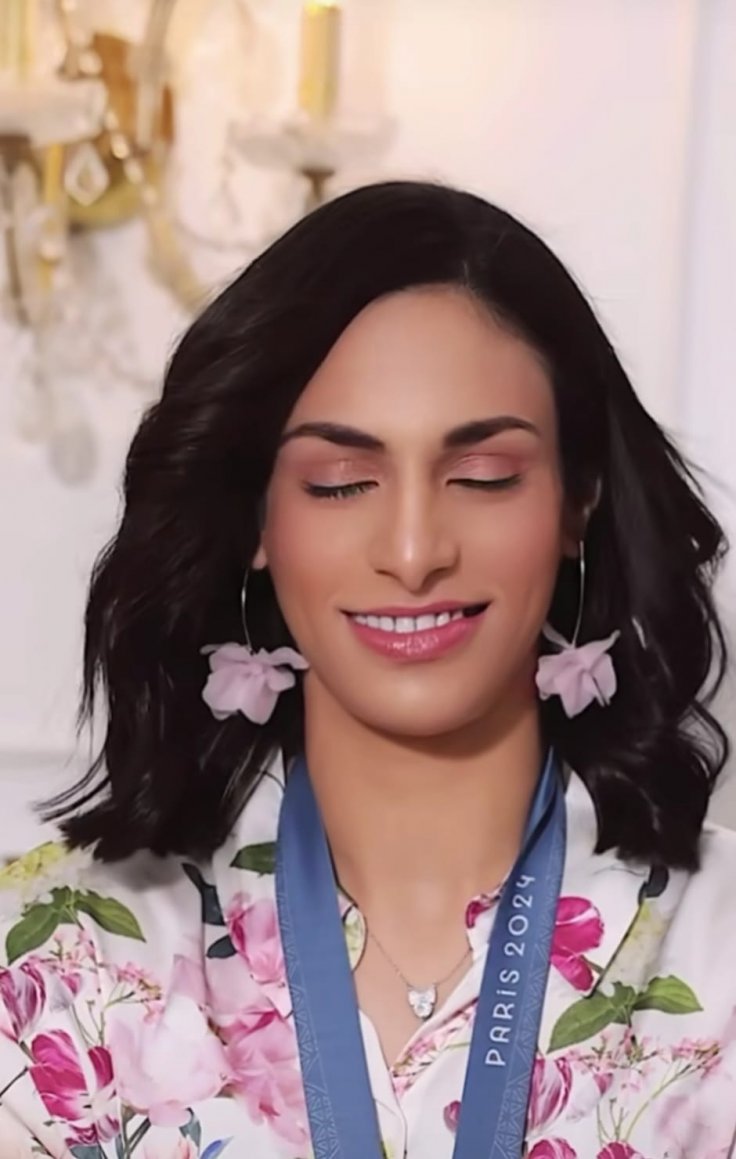Kendra Wilkinson Silences Haters Criticizing Her Transformation: Complexities and Value Analysis
Introduction
Kendra Wilkinson, celebrated former Playboy Bunny, reality TV star, and wife of football player Hank Baskett, recently took to social media with a defiant message to her detractors who have lambasted her for allegedly altering her appearance. Her post resonated with many who have faced similar criticism, reigniting conversations about the complexities of female empowerment and the pressure to conform to society’s beauty standards.
Wilkinson’s Response to Criticism
In an Instagram post, Wilkinson addressed her critics head-on, declaring, “If I want to get my boobs done, I will. If I want to bleach my teeth, I will. If I want to put lip filler in, I will.” She went on to emphasize her right to make choices about her own body, stating, “I am who I am.” Her bold message resonated with her supporters, many of whom shared their experiences of being criticized for their own appearances.
Perspectives and Values
Wilkinson’s response has divided opinions. Some have praised her for standing up for her choices and challenging conventional standards of beauty. Others have expressed concern that her message may promote unrealistic expectations and exacerbate body image issues among young people.
It is essential to acknowledge that perceptions of beauty are subjective and vary across cultures and individuals. What is considered attractive in one context may not be in another. Additionally, the media often portrays unrealistically narrow beauty ideals that can be harmful to both men and women.
Underlying Psychological Factors
The pressure to conform to societal beauty standards can have significant psychological implications. Studies have shown that individuals who perceive themselves as unattractive are more likely to experience low self-esteem, anxiety, and depression. This pressure can be particularly intense for women, who are often judged more harshly for their appearance than men.
When individuals feel compelled to alter their appearance to meet societal expectations, it can lead to a sense of inauthenticity and a loss of self-identity. It is crucial that we foster a culture that values diversity and celebrates the unique beauty of each individual.
Empowerment and Choice
Wilkinson’s message highlights the importance of female empowerment. Women have the right to make choices about their own bodies, free from the judgment and criticism of others. This includes the decision to undergo cosmetic procedures, even if those choices do not align with traditional notions of beauty.
It is empowering for women to feel confident in their bodies and to make choices that make them feel good about themselves. However, it is equally important to recognize that true empowerment goes beyond physical appearance and encompasses all aspects of a woman’s life.
Ethical Considerations
The rise of cosmetic procedures and the increasing acceptance of altering one’s appearance raise ethical concerns. It is essential that individuals fully understand the potential risks and benefits of such procedures before making a decision.
Furthermore, it is crucial to consider the potential impact of cosmetic procedures on the self-esteem of young people. Promoting unrealistic beauty ideals can damage their sense of self-worth and lead to a preoccupation with appearance that can be detrimental to their overall well-being.
Media Responsibility
The media has a significant role to play in shaping perceptions of beauty. By presenting unrealistic and unattainable images, the media can contribute to body image issues and perpetuate harmful stereotypes.
It is imperative for the media to promote diversity and challenge narrow beauty standards. By showcasing individuals of all shapes, sizes, and ethnicities, the media can help to create a more inclusive and realistic representation of beauty.
Conclusion
Kendra Wilkinson’s response to her critics is a complex and multifaceted issue. It raises important questions about female empowerment, the pressure to conform to societal beauty standards, and the ethical considerations surrounding cosmetic procedures.
While it is important to support women’s right to make choices about their own bodies, it is equally essential to encourage a culture that values diversity, celebrates individuality, and empowers women to feel confident in who they are, regardless of their appearance.

